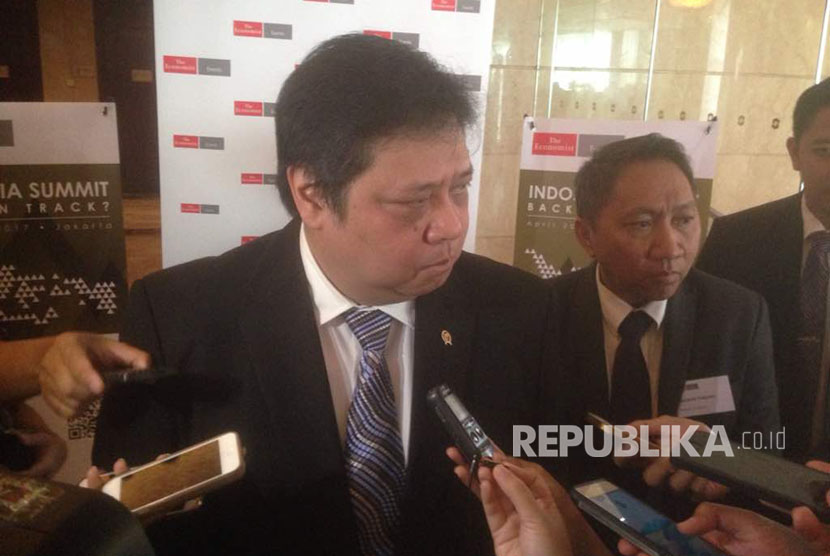REPUBLIKA.CO.ID, JAKARTA -- Industry Minister Airlangga Hartato said here on Monday that prior to approving the production of low-carbon emission electric and hybrid cars, the government will await the incentive tariff scheme set by the Finance Ministry.
In order to support the production of the new cars, the Industry Ministry has called on the authority to set a lower tariff and the luxury vehicle tax (PPnBM) besides the regular ones.
"We would encourage the Finance Ministry to set the kilowatt and kilometer-based tariff. Our target is over 30 kilometers per liter for the hybrid cars. Meanwhile, the ministry hopes that the authority could ease the tax for electric cars," Hartato remarked in Jakarta.
The ministry, according to Hartato, has set three schemes on hybrid and electric vehicle productions, including the "Incomplete Knocked Down (IKD), Completely Knocked Down (CKD), and the "Completely Built Up" (CBU) cars.
"The CBU model would be first manufactured for the prototype needs and market tests, followed by the CKD model, because the number of the engine suppliers is still lower than the regular vehicles," he noted.
Also read: electric cars can be faster" href="http://www.republika.co.id/berita/en/national-politics/17/07/20/otcl4e414-jonan-says-commercialisation-of-electric-cars-can-be-faster" target="_blank">Jonan says commercialisation of electric cars can be faster
According to the minister, the hybrid and electric cars have been dubbed as the new trend of "green" automotive industry.
Although listed as environmentally friendly, the hybrid car is still powered by fuel.
However, the minister revealed that apart from the fuel, the hybrid car can be powered by electricity too.
The ministry has remarked that in 2025, electric cars would cover 20 percent of the total vehicle production in Indonesia.
Hartato explained that the business requires supporting infrastructures, such as the battery and the charging stations, to be set in every home.
"There are two models, the plug-in hybrid and the fast-charging station, which is placed at the garage," Hartato reiterated.


